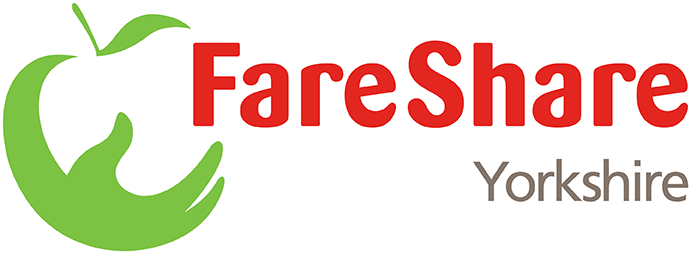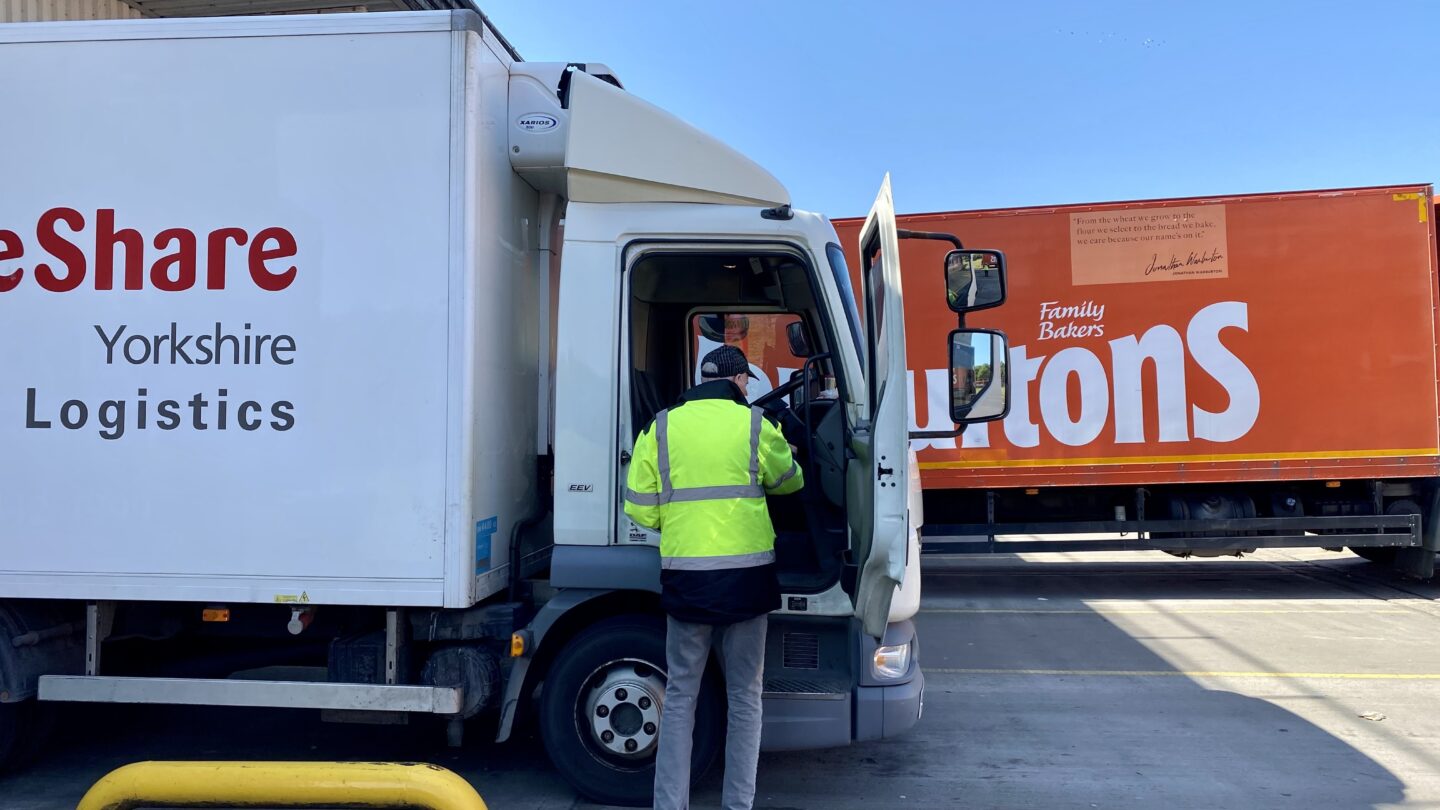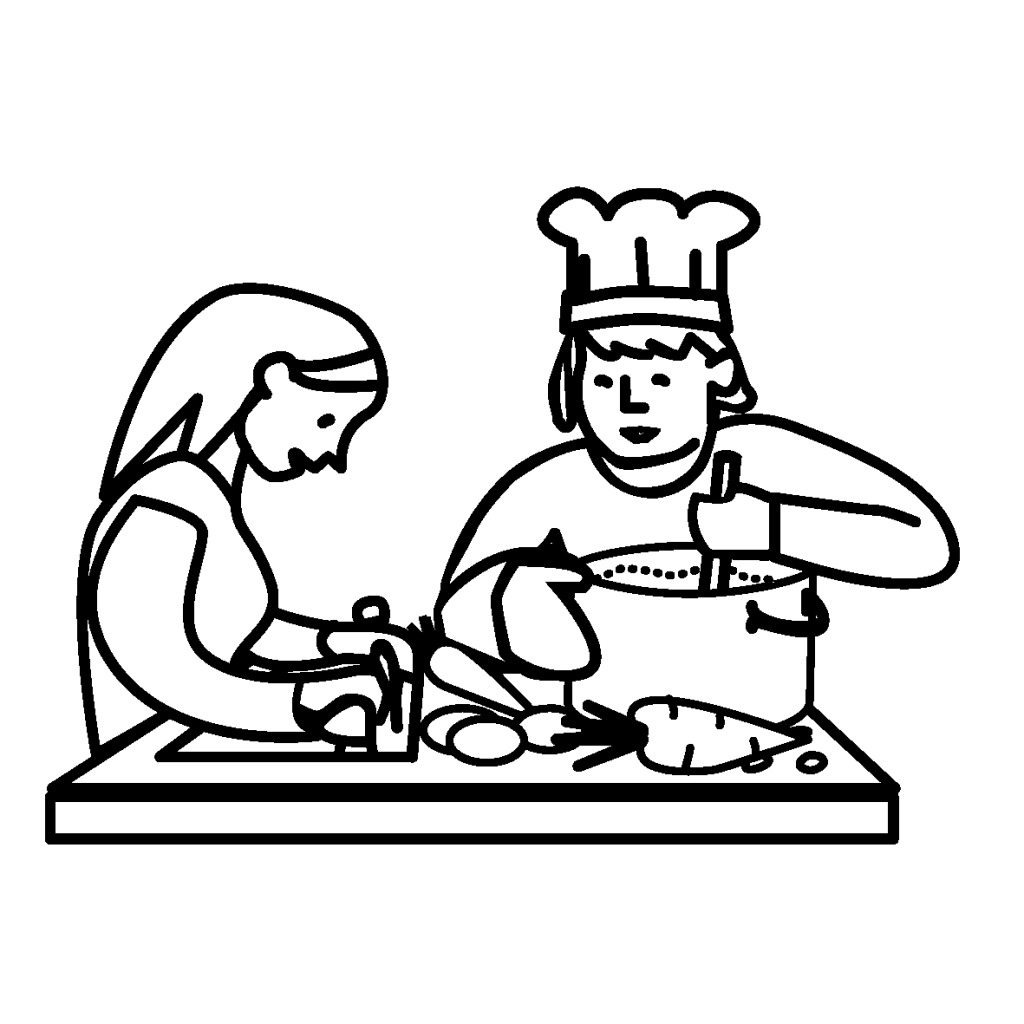About us
FareShare Yorkshire was formed in 1998 to serve England’s largest county by intercepting food that had become surplus to commercial requirements and would otherwise be destroyed, before redistributing it to where the need was most severe. Today we still source and redistribute good surplus food which would otherwise go to waste. In some senses we turn an environmental problem into a solution of sorts for the hunger and hardship faced by up to 900,000 people across Yorkshire each year. Here’s how we do it:






